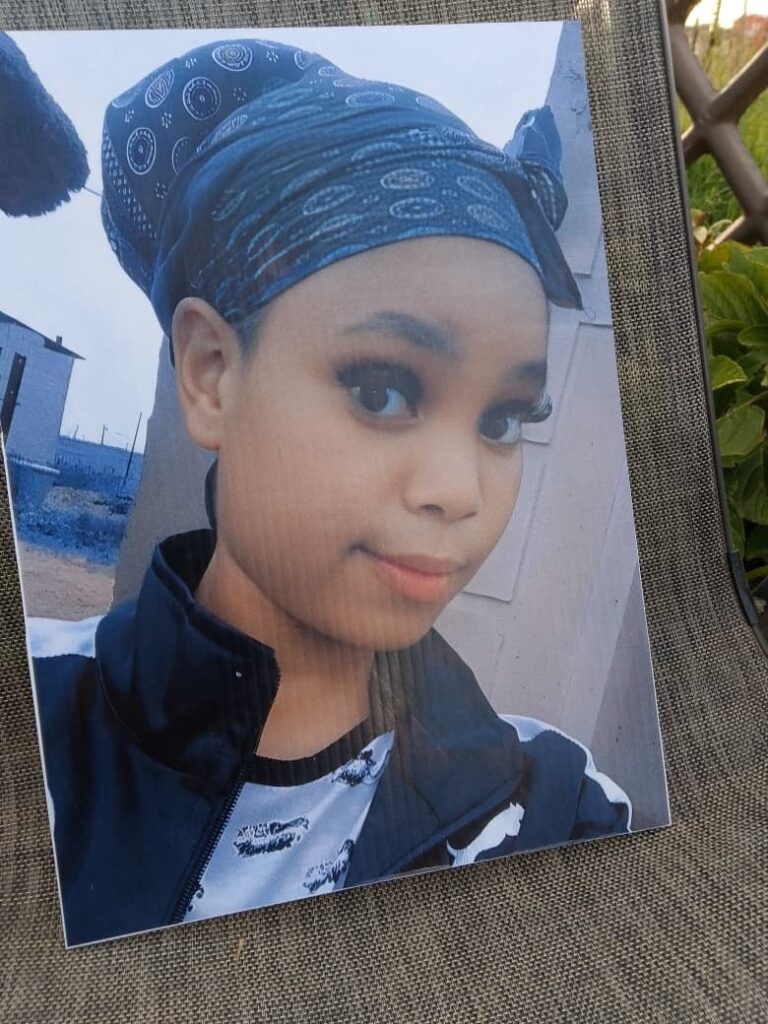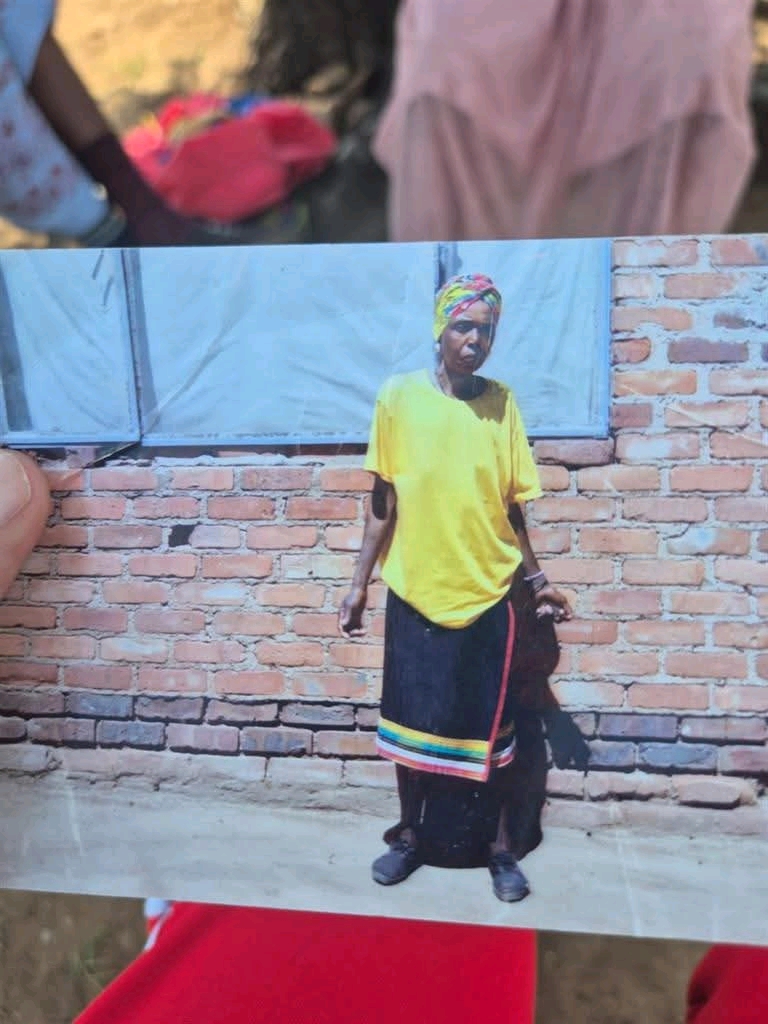
The tragic death of 25-year-old Zenande Tshazibane has sent shockwaves through the Nyanga community, reigniting urgent conversations about gender-based violence and the devastating consequences of ignoring warning signs. Zenande was found lifeless in her own bed, her body concealed under a pile of blankets. Foam was visible around her mouth, and a shoelace was reportedly used to strangle her — the alleged act of someone she feared: her boyfriend.

According to close friends, Zenande had repeatedly warned them about her abusive partner. “She once told us this man will kill her,” a heartbroken friend revealed. “We thought she was joking. We never imagined it would actually happen.”
Her brutal death has sparked outrage and sorrow across social media, with the hashtag **#JusticeForZenande** gaining momentum. A growing number of people, especially women, are calling out the system for failing to protect yet another victim of intimate partner violence.
The suspect — Zenande’s boyfriend — has allegedly gone on the run, and to date, he has not been arrested. This has infuriated activists, family members, and concerned citizens who feel the police response has been far too slow.

On Thursday, a group of protesters gathered outside the Nyanga Police Station, holding placards and chanting Zenande’s name. The Justice for Zenande movement is demanding urgent action, pressing police to arrest the last person seen with her. “Why is he still free?” one protester shouted. “She told us. She was scared. She warned us all. And now she’s gone.”
The pain of losing Zenande is worsened by the belief that her death could have been prevented. Her friends say she tried to leave the relationship multiple times but was lured back by empty promises. Some claim she reported incidents of abuse before, but no real protection was offered.

Gender-based violence remains a national crisis in South Africa, where thousands of women are injured or killed each year by their intimate partners. Zenande’s death is yet another reminder that too many cries for help are dismissed, too many abusers are left unchecked, and too many women are being failed by the very systems meant to protect them.
As Zenande’s family prepares to lay her to rest, the community refuses to let her story fade. Her name has become a rallying cry for justice, a symbol of how urgent the fight against gender-based violence truly is.
“She deserved better,” said one of her cousins at the protest. “Zenande should be alive today. We won’t stop until the person who did this is behind bars.”
Her story is painful. Her death, preventable. And the question on everyone’s lips remains: **How many more women must die before real action is taken?**





